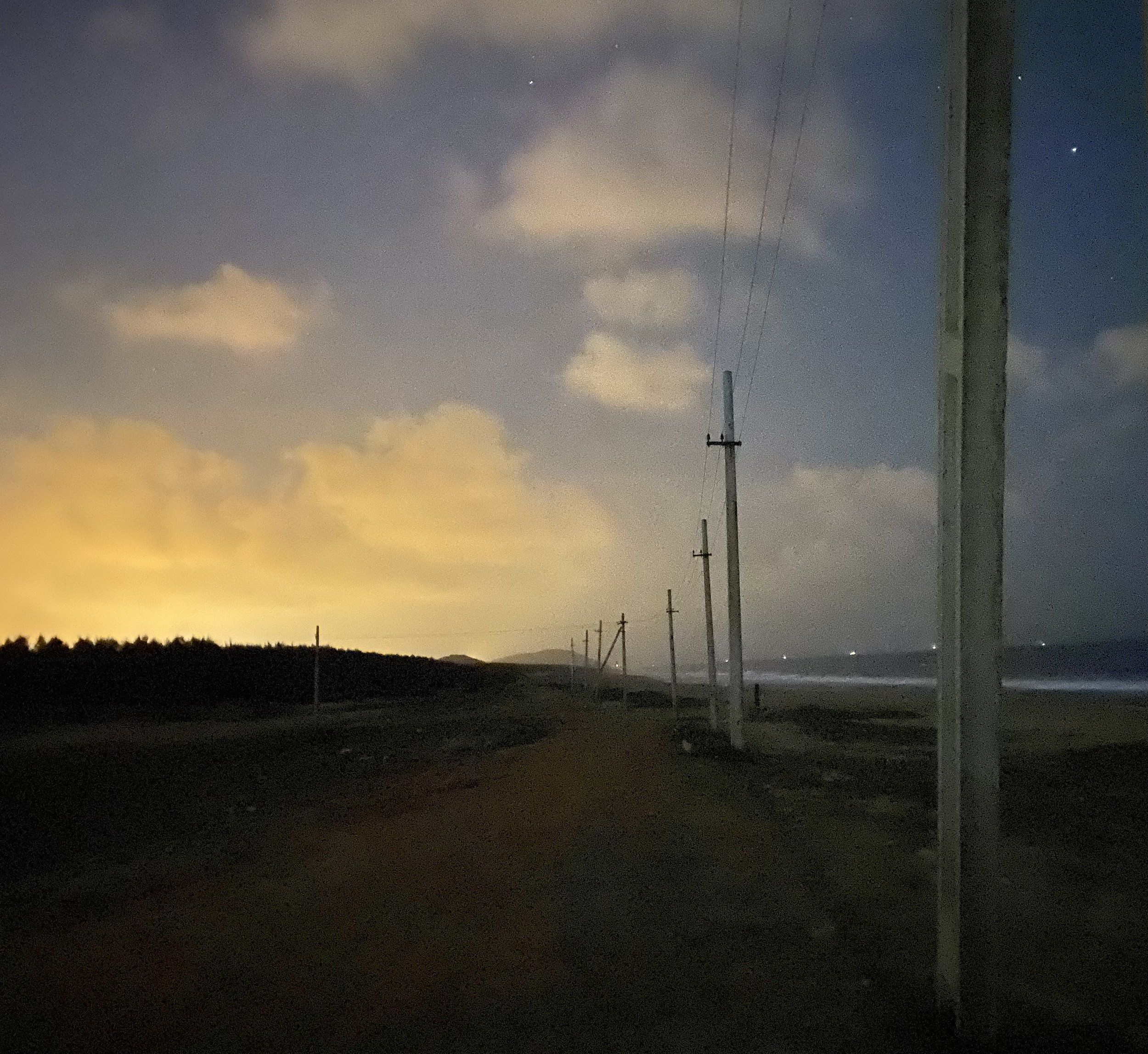Hinduism Outside the Box: A Conversation with Manu Pillai
Manu Pillai, the author of Gods, Guns and Missionaries, speaks to Amritesh Mukherjee about history beyond monochromatic brushstrokes, the highs and lows of social media discourse, Hindu plurality, and some recommended books.
Heer, Ranjha, and Haroon Khalid’s Infinite Story of Love
Haroon Khalid’s 2024 novel From Waris to Heer (Penguin) is an answer to the refrain of timeless stories—a tale of love and loss, power and rebellion, retold with the lilt of a Sufi melody. By Amritesh Mukherjee
BLASPHEAR by Sohail Rauf: Religion, Fear, and the Cost of Silence
Set against a backdrop of religious abuse and suffocating intolerance, Sohali Rauf’s Blasphear is a sharp commentary on the ideas of nationhood, and how its intangible forces act as blind shepherds, leading the masses down paths they cannot question. By Amritesh Mukherjee
The Mathematical Values of Feeling Adrift
Nishant Injam’s debut story collection The Best Possible Experience (2024) features a cast of characters between India and the United States who are often homesick for another world: a world that could be a physical or a metaphorical distance away, a world they aspire to with the burdens of a life unfulfilled. By Karan Madhok
Down to EARTHA: Vinita Agrawal’s Poetic Conversation with Nature
Vinita Agrawal takes the role of a ‘poetic journalist’ in Eartha, in verses that spark with compassion for all living entities on the planet. By Tansy Troy
The City Must Die Before It’s Reborn: Varun Thomas Mathew’s THE BLACK DWARVES OF THE GOOD LITTLE BAY
The dystopian universe of Varun Thomas Mathew’s The Black Dwarves of the Good Little Bay (2019) is a prophetic chronicling of crisis as a condition of existence, and the contingency of truth as a mode of knowing or bearing witness to crisis. By Paromita Patranobish
Stepping Beyond the Boundaries: An Interview with Tishani Doshi
In a wide-ranging conversation with, acclaimed poet and dancer Tishani Doshi spoke to Ronald Tuhin D’Rozario about her literary work, the fundamentals of ‘Vilambit’ in her writing, and artistic journeys through space and time.
To Live in a Language: An interview with Sumana Roy
Poet, writer, and essayist Sumana Roy speaks to Ronald Tuhin D’Rozario about the creative process, shifting between poetry and prose, and the ‘joyous riyaz’ of a literary life.
Arundhati Roy: A Troublemaker Needed for our Troubled Times
Arundhati Roy’s storytelling illuminates the desires to split open the human grids that characterize our world, and fulfil her yearning for a particular kind of homeland: a gentler, stiller, less hypocritical, and less transactional place. By Saba Karim Khan
A Civilization and its Stories: Salman Rushdie’s VICTORY CITY
In his latest work, Salman Rushdie expertly flirts with the line between fact and fiction, declaring all living beings—including those reading his book—may be ‘characters’ in a grander historical fiction. When nothing is real, stories are the only reality. By Karan Madhok
An Entwined Trajectory of Bombay and a Boy
Jerry Pinto’s The Education of Yuri (2022) is an atmospherically saturated, layered accordion, sounding an adventure in scale that simultaneously encompasses the chronicle of a young boy’s coming of age, and a time capsule of Bombay of a bygone era. By Paromita Patranobish
The Secret Name
An essay on art and analysis by Dhani Muniz: “Art was never art in the way that food has always been food; or perhaps, rather, it is a vast restaurant at the end of the universe in which we are all picky eaters.”














